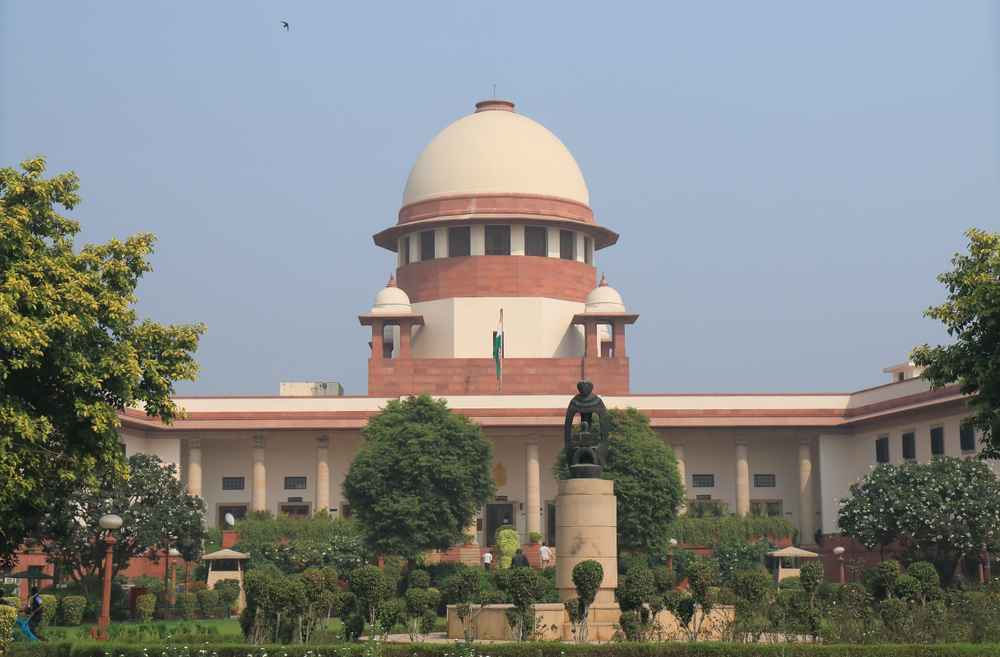The historic Ayodhya verdict is unlikely to be available to non-English-speaking citizens at least for a month as it would involve the mind-boggling task of translating the 1,045-page judgment into eight regional languages.
Further, the Supreme Court is yet to give formal clearance for translating the judgment as that has to be approved by Chief Justice of India Ranjan Gogoi, who is also the administrative head of the registry.
Earlier this year, on July 17, the top court had announced its decision to translate into eight regional languages various judgments of the Supreme Court, depending upon the importance of the issue involved.
The eight languages are Assamese, Telugu, Kannada, Hindi, Marathi, Odia, Tamil and Bengali.
But as of now only those familiar with English are aware of the reasons the five-judge constitution bench of Chief Justice Gogoi and Justices S.A. Bobde, D.Y. Chandrachud, Ashok Bhushan and S. Abdul Nazeer cited while handing down the November 9 verdict.
Sources indicated that it has to be decided too whether the judgment — that awarded the disputed site to the Hindu claimants — needs to be translated into all the eight languages. There are, however, indications that the judgment might be translated into Hindi before it is made available in any other regional language.
It was President Ram Nath Kovind who had come up with the idea of translating some of the important judgments, expressing the desire at an official event in 2017. Kovind said that judgments, which are pronounced in English, should be translated into vernacular languages so that the common man too understood their nuances and the reasons mentioned. Over 200 judgments have been translated since and uploaded on the official website.
Kovind had, however, suggested that individual cases relating to consumer complaints, tenant-landlord disputes and labour laws be given priority for translation as these were issues that concerned the common man.










